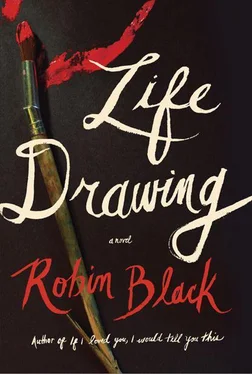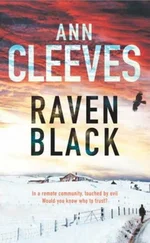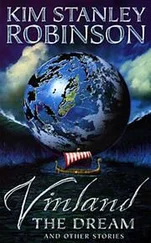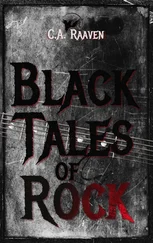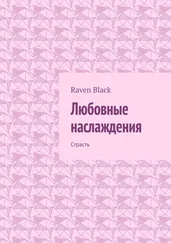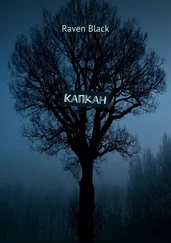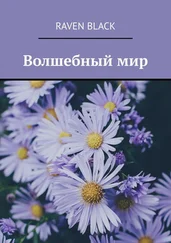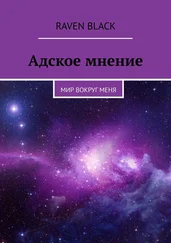“No, I’m glad you did. That explains why he was so distraught when you left.”
“It just felt peculiar to me. Him telling me. And me not telling you.”
“Peculiar,” I said. “Yes. That would have been peculiar. For my father who thinks you are his girlfriend from 1945 to tell you a story and you not to tell me.” I looked at her. “What part of life isn’t peculiar, Alison? Seriously? At what point, really, do you stop and say, well, this is really strange? This part. Not that part. But this part.”
She didn’t say anything in response, and for a time we just drove on. Past first one strip mall to the left, then its twin to the right. And I thought about Millicent. A girl in England. Just an hour before, less than that, I had been theorizing that the war must have been blown from my father’s memory by my mother’s death, and thinking myself so insightful. Life and its walls, its before and after events. But maybe the war had always been a taboo subject — because of Millicent. Maybe he had promised my mother never to bring it up. Maybe his proposal to her had included a confession that there had been another love. “Her name was Millie and until I met you I never thought I’d love again.…” Maybe he’d been doing all those pull-ups all those years to be ready to reclaim his British rose once his daughters were all out of the house. But then she too had died. Or she’d run off with the greengrocer. Or they’d carried on in secret and he never told us, lest we feel our mother betrayed. Maybe dear old Millicent was the answer to the puzzle of why my father never settled with anyone else for all those many decades of widowerhood.
As we drove, it crossed my mind that if I’d ever had children and then became demented enough to blurt, they would be asking each other, Who the hell was Bill? on their drive home. Except the chronology was off. If I’d had children, there wouldn’t have been a Bill. For a moment, I thought that with great conviction — as I had for many years. If my sister had lived. If my uterus had filled with life. If everything had gone according to plan, then I wouldn’t have …
But who knew?
“It really is amazing,” I said, “how little we understand about anything.”
“Yes.” Alison raised both our windows. “Tell me if it gets too cold. I often think that about newborns, you know. That we’re always focused on how much knowledge they acquire. But then there’s also the business of learning how much cannot be known. Knowledge acquisition on the one hand and ignorance acceptance on the other.”
“I suppose that’s right.” I thought then of launching into a whole theory about the role of religion in providing a story one could tell oneself; but I didn’t want to be rude about Alison’s child, now officially due to visit over Labor Day. And truly, my tired, unsatisfied heart wasn’t in the project of pointing out how badly other people were managing their lives or what illusions they needed in order to get by.
“This is the best mall around,” I said, pointing. “If you run out of paints and need an emergency supply. There’s a craft store there. It’s not top-line stuff, but it’s okay if you’re desperate. Though I probably have anything you need. I tend to stock up for years at a time.”
“I’ll keep that in mind,” she said, then she lightly touched my arm. “You look so tired, Gus. Why don’t you close your eyes. I promise not to drive like a lunatic. Why don’t you try and get some sleep.”
“Your daughter,” I said, “she really believes in it all? I mean, the heaven part? We’re all going to just keep on? A great big reunion one day.”
Alison sighed. “Something like that. I haven’t questioned her too closely on certain things. Like the afterlife. Heaven. Hell. It would be hard for me to know how to deal with her believing in hell, I think. Much harder than just telling myself to be glad she thinks we’re never really going to have to say goodbye.”
“Right,” I said. “I can see that. Never having to say goodbye.” I thought of Charlotte. “It’s easy to scoff,” I said. “But I do understand the appeal. I would like to never say goodbye. Ever, I mean. Never again,” I said. “There have already been too many goodbyes,” I said, as I closed my eyes.
“Sweet dreams,” Alison said, with another pat on my arm. “Sweet dreams, Gus, and no more goodbyes.”

I had imagined Nora small. All through Alison’s chatter about her, I had assumed she would be shorter than her mother — for no good reason at all. Small, but with the same round lines, soft curves of Alison’s figure, face, hair, even her personality. And I had also imagined her mousy — an indescribable quality, but a distinctive one nonetheless — doubtless because the most interesting thing I knew about her was her religious belief and my mind ran too easily to some absurd stereotype. All of it was a far cry from the lanky young woman in shorts and a tank top who appeared with Alison at my kitchen door Friday afternoon of Labor Day weekend.
“This is Nora!” Alison said it as if she had pulled a rabbit out of her hat, rather than welcomed her daughter from Boston. Ta-dah!
I said hello, and we shook hands. I ushered them in. “You had an okay drive?” I asked, noticing the gold cross, barely half an inch, on a near-invisible chain around her neck. “It’s a pretty day for it, anyway,” I said. “Long trip though.”
“It was good,” she said. “Just under six hours.” She shrugged in the way only young people do, as though her shoulders were first pulled by strings, then dropped. “We talked. It didn’t seem too long.” I could hear a trace of her mother’s accent in and around her own Boston one.
“Her friend Heather drove her. They’ve known each other from diapers.”
“Heather has a boyfriend in Philadelphia,” Nora said. “So it’s pretty much on her way.”
“Well, it’s very nice to have you here. And I know your mother is excited. I hope she’ll share you with us a bit.” To my own ear, I sounded false, like a character on TV. Next, I would be talking about us girls going out to do a little shopping. “Would you like to sit, have a drink? It’s early but I always feel like on holiday weekends the rules don’t count. I could mix a pitcher of something light. Sangria?”
They exchanged a look. “Actually,” Alison said, “I promised Nora a dinner out, with a couple of detours along the way. We’re on our way now … I want to show her the area.”
“Oh,” I said. “Well, that sounds wonderful. Perfect. Another time then. Maybe tomorrow night. Why don’t we all have dinner here?” Alison said that they would, and I told them to have fun. I didn’t ask where they were going. I just smiled and waved goodbye at my door.
How had it not occurred to me that I would feel left out?
I set to work right away, my go-to response to any such ache.
On the canvas, the chess game and my living room were vivid. It had been years since I’d painted a space in which I lived, and I was enjoying the process of re-creating my own home in miniature. At heart, I thought of myself as a miniaturist, though my paintings were often of vast landscapes, and even this canvas was three feet high by nearly four long. I had spent hours on the love-seat’s faded brocade, mixing shades so close to each other it was impossible to see any difference, until one became background and the other the pattern woven in. Each stone of our fireplace was like a universe to me, those odd shadows, those irregular shapes.
Читать дальше
